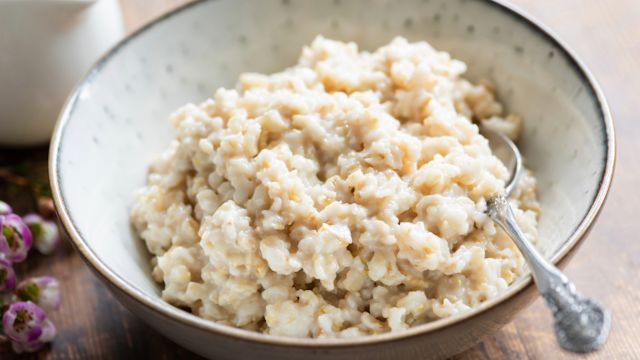Updated on August 30, 2024.
There are many factors that influence the foods we eat—including the foods that are available where we live and work, how much time we have to prepare meals, and what foods fit into our budget.
Health conditions are another important factor that influence a person’s food choices. People who are diagnosed with a wide variety of health conditions make changes to the foods they eat to help manage symptoms, improve their overall health, and prevent complications.
This includes many people who are living with psoriatic disease—psoriasis, psoriatic arthritis, or both.
Research has not found any specific diet that can help everyone with psoriatic disease, but good nutrition does play an important role. People with psoriatic disease may also work with registered dietitians, healthcare providers who will put together an eating plan tailored to meet individual nutritional needs.
The role of anti-inflammatory foods
Both psoriasis and psoriatic arthritis are inflammatory conditions. With psoriasis, inflammation occurs in the skin and can lead to a variety of skin lesions. With psoriatic arthritis, inflammation occurs in the tissues that make up the joints, causing joint pain, stiffness, and swelling—over time, this can lead to permanent damage to the joints.
In addition to skin symptoms, joint symptoms, or both, people with psoriatic disease also experience what is called chronic or systemic inflammation—persistent, ongoing inflammation that occurs throughout the body.
Systemic inflammation is one of the reasons that people with psoriatic disease are at a higher risk of cardiovascular disease, kidney disease, and metabolic disorders like type 2 diabetes.
When looking to make changes to what they eat, many people with psoriatic disease (as well as other inflammatory disorders) choose to adopt an anti-inflammatory diet.
An anti-inflammatory diet is basically what it sounds like—eating foods that have been associated with lower inflammation and avoiding foods that promote inflammation.
Budget-friendly anti-inflammatory foods
Look up anti-inflammatory foods and you’ll come across some foods that are packed with nutrition but can also be a little pricey—salmon, avocados, nuts. With that in mind, here are some more budget-friendly anti-inflammatory foods you might add to your shopping list:
- Beans. In addition to reducing inflammation, beans offer a list of other benefits. They are a good source of fiber, protein, and nutrients. Regular consumption is associated with a lower risk of heart disease and type 2 diabetes. And they are a recommended food for people who are trying to lose weight. Choose low-sodium beans and try to eat a variety of different types.
- Oatmeal. Oats are another food that have an anti-inflammatory effect. The nutrient content also supports cardiovascular health and immunity.
- Frozen berries. Adequate servings of fruits and vegetables are essential to a nutritious diet. Berries in particular have an antioxidant and anti-inflammatory effect on the body. The freezing process locks in nutrient value and frozen fruit is typically less expensive than fresh fruit.
- Leafy green vegetables. This list includes spinach, kale, collard greens, Swiss chard, and bok choy. Though a little less leafy, broccoli is a worthy addition to this list as well. Some leafy green veggies are also available frozen.
- Canned fish. Fatty fish are one of your best bets for Omega-3 fatty acids, a healthy fat that has an anti-inflammatory effect on the body. Fresh fish can be expensive, and canned fish is a more affordable option. Try canned tuna, sardines, and salmon, and choose low-sodium options.
It’s important to remember that diet alone cannot treat psoriasis or psoriatic arthritis—anyone with these conditions needs to seek treatment from a healthcare provider. In addition to discussing your treatment options, discuss the foods you eat, your nutritional needs, and safe ways to make changes to your diet.







